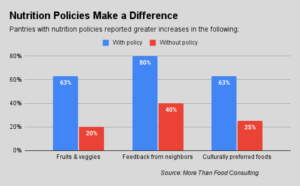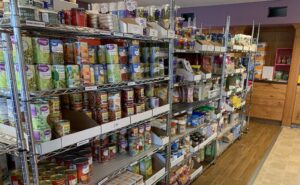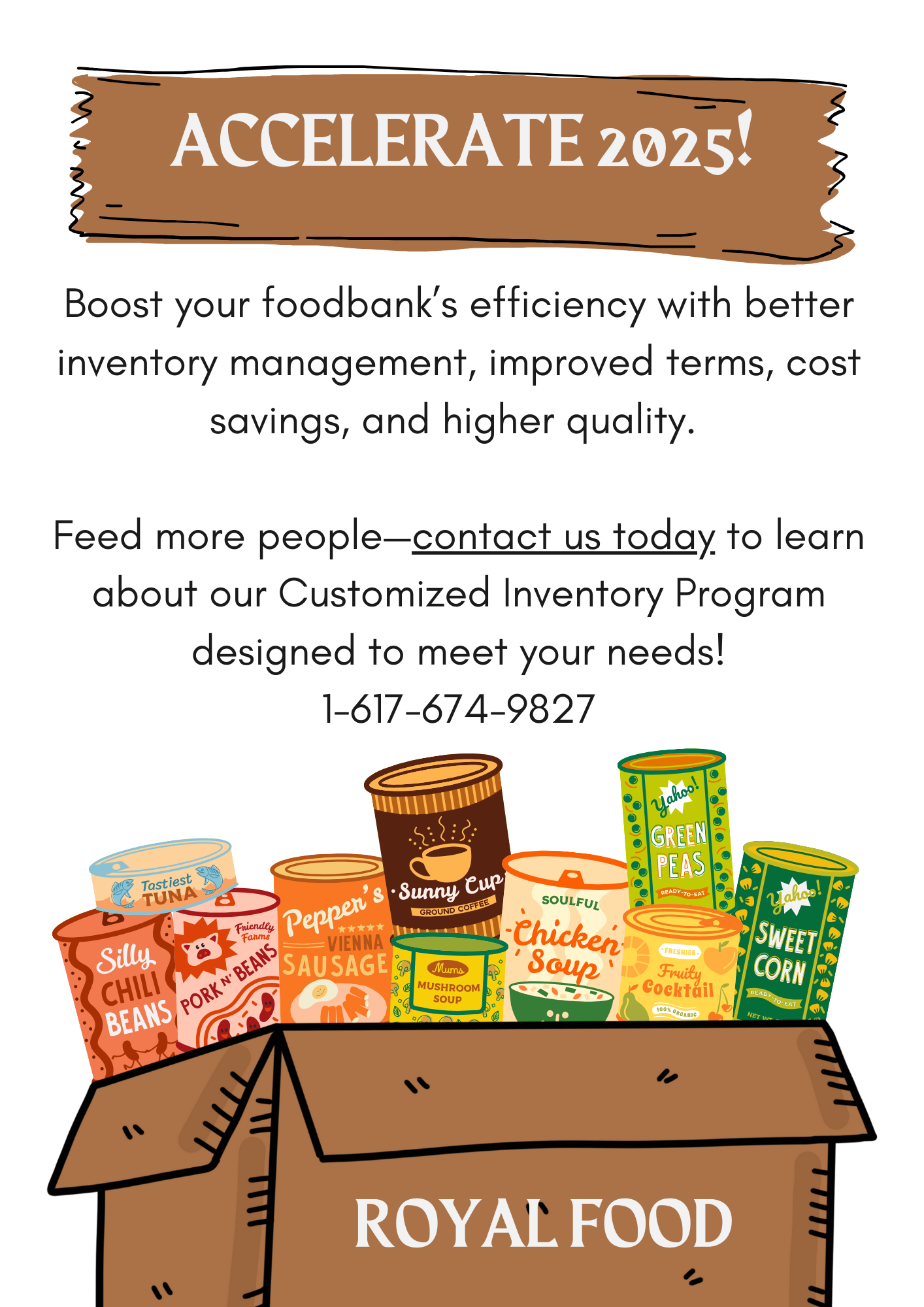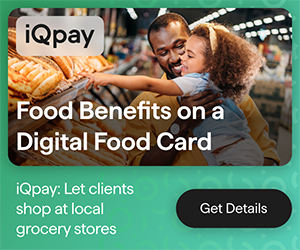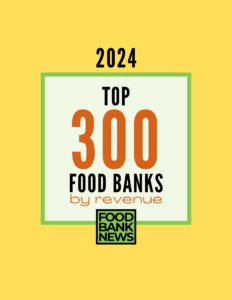In an effort timed to coincide with the White House’s convening on hunger, nutrition and health, the Department of Health and Human Services recently unveiled “groundbreaking” approvals that pave the way for state health care plans to use Medicaid funding to pay for nutritious food that would improve peoples’ health.
The approvals advance a concept that has been widely accepted, but not adequately funded. A number of pilots and studies in recent years have demonstrated the public health and economic advantages of nutritious eating to improve healthcare outcomes. But to date, most efforts to make nutritious food easily accessible to people fighting diet-related diseases have been funded at a small scale.
The new effort by HHS would change that. “This is a big deal,” said Perrie Briskin, Policy Adviser at Centers for Medicare and Medicaid Services, in a video conference call organized by the White House late last month. (The technical mechanisms that make the funding available and allow the flexibility to test new innovations are known as Section 1115 Medicaid waivers.)
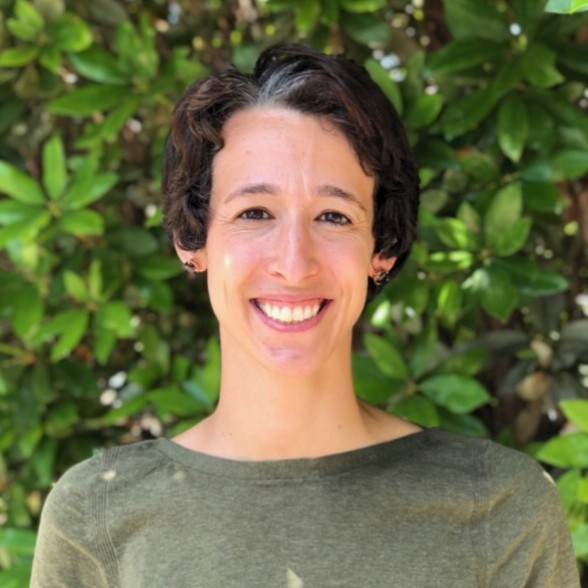
With the waivers, health care plans in approved states can now tap the deep pockets of Medicaid to support various nutrition-led and other health initiatives. “Billions of dollars” are available through state health insurance plans like Medicaid, Briskin noted, some of which can now be put toward nutrition support. “It’s an especially big deal because there are a lot of precedent-setting new policies” embedded in the approvals, she said.
The approvals recognize that a wide array of social factors, such as where people live and what they eat, have serious implications for health. Many in the food banking sector have had their eye on this type of Medicaid expansion for a while. In a recent interview, Lisa Hamlet-Fugitt, Executive Director of the Ohio Association of Food Banks, expressed her pleasure that the Medicaid expansions were highlighted in the White House’s national strategy, and called them “an absolute game-changer.”
The first approvals came in late September in Massachusetts and Oregon, allowing Medicaid funds to be used for a range of social needs, including medically tailored meals, nutrition education, and food assistance for children and pregnant women with clinical needs. Soon after, Arizona was approved under the same program to provide various housing interventions. And last week, Arkansas got approved to provide “critical nutritional services,” as well as housing support.
The Centers for Medicare and Medicaid Services would like to see many other states take up the opportunity to expand what Medicaid can pay for. In response to a question on the conference call from a representative of Feeding America, Briskin encouraged food banks to reach out to their state Medicaid agencies. “We want this to be replicated in other states,” she said.
In Massachusetts, the support for nutrition aid is part of a package of reforms to the state’s MassHealth program, amounting to an investment over five years of $67.2 billion. “That’s huge,” said Catherine Lynn, Vice President of Communications and Public Affairs at Greater Boston Food Bank.
GBFB has been in discovery mode on Medicaid’s widening view of nutrition-related insurable activities since about 2018, when MassHealth first got involved in testing the impact of social needs on health through 1115 waivers, but on a much smaller scale. With the new infusion of funding, GBFB is exploring whether there’s a role for it to play now that the initiative is looking like a more permanent program. “This is a really innovative way to strategically get at the problem” of hunger, Lynn said. “So how can we play a role?”
At the other end of the state, the Food Bank of Western Massachusetts has been exploring the connections between hunger and health for a few years, ever since it started a program to connect food insecure people identified through the healthcare system to emergency food relief. Alan Dallmann, Hunger Solutions Innovator at the food bank, said he sees food banks acting as connectors in states that get approved for this type of Medicaid funding.
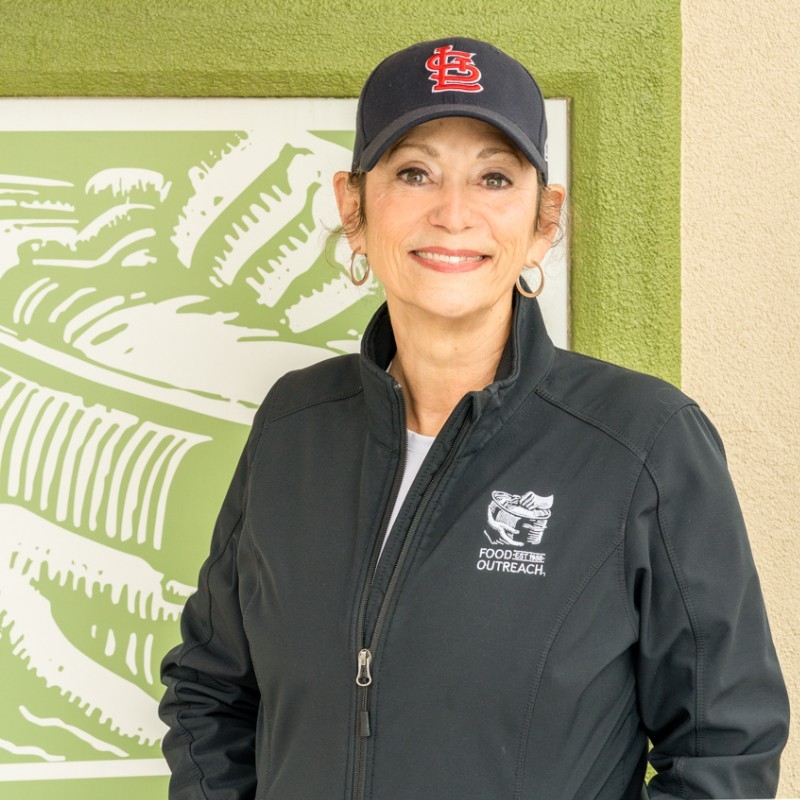
“We have that sweet spot of knowing enough about the food world, but also we can really observe and listen and find out, ‘What is it that people need?’” Dallmann said. “And if it’s not us that’s providing it, then how can we broker that relationship? How can we be a hub so that the medical community doesn’t have to know about 28 different organizations that are all doing something?”
Some in the hunger relief sector are taking a wait and see attitude toward the new direction in Medicaid funding. Kyle Waide, President and CEO of Atlanta Community Food Bank, acknowledged the energy around the new funding, but also its political complexity. “Certainly in a big chunk of the country they just haven’t made that commitment yet to dedicate Medicaid resources on that scale,” he said.
Julie Lock, Executive Director of Food Outreach, a provider of medically tailored meals in St. Louis, called the expanded Medicaid funding “a monumental force” in addressing complicated public health issues. Food Outreach, which announced last week it is working with the health system Mercy to offer medically tailored meals to diabetes patients, is heavily reliant on federal and block grant awards to fund its activities, she said, and considers corporate and foundation funding these days to be “much more fragile.”
“Everyone will be looking at [Massachusetts],” Lock said. “I just hope that the work that’s going to be done will also help to inspire our lawmakers and other states to consider doing it. It’s desperately needed.”
The basic laws of economics may well win the day when it comes to convincing states of the benefits of tapping the Medicaid funding. In New York City, West Side Campaign Against Hunger is seeing that hospitals are motivated to invest in healthy food on the assumption that it will pay off in the short term and eventually lead to expanded Medicaid funding.
“Building those relationships with big hospital networks is what we’re seeing as a precursor,” said Greg Silverman, Executive Director of WSCAH, which currently is working with a number of hospitals in the city to support various nutrition efforts. “If it’s cheaper to get people healthy food than to put someone in a hospital bed, then that is good for business. So let’s just do it, and then Medicaid will fund it after.” – Chris Costanzo with reporting by Amanda Jaffe
Like what you’re reading?
Support Food Bank News

